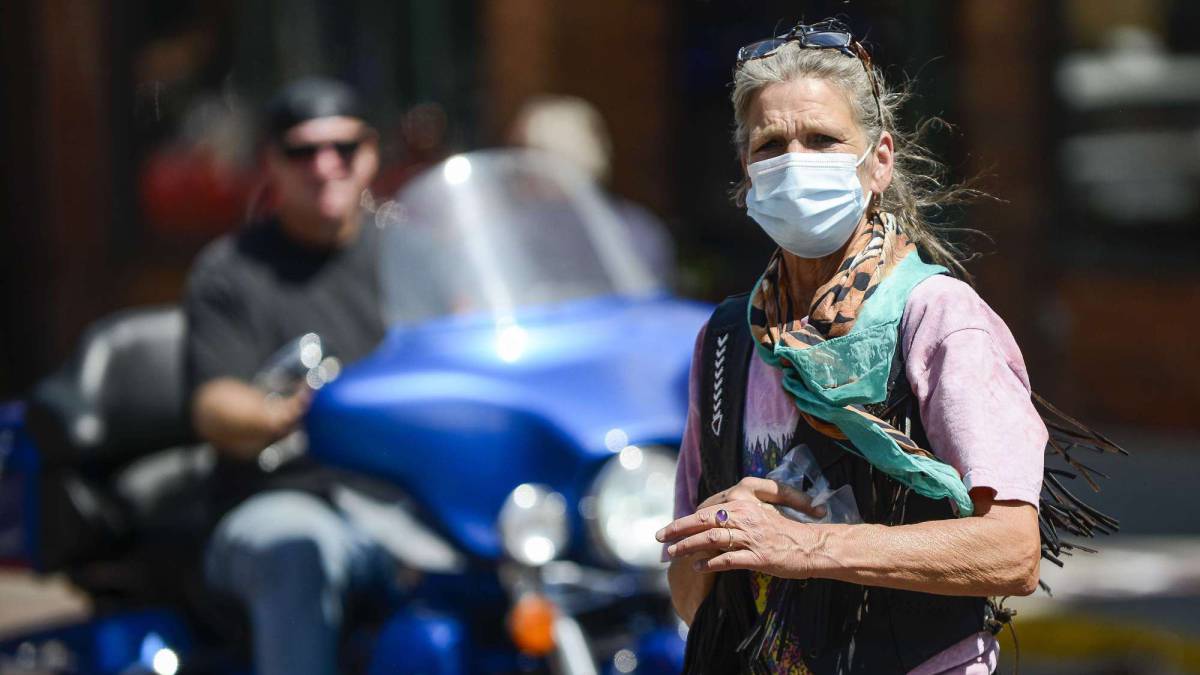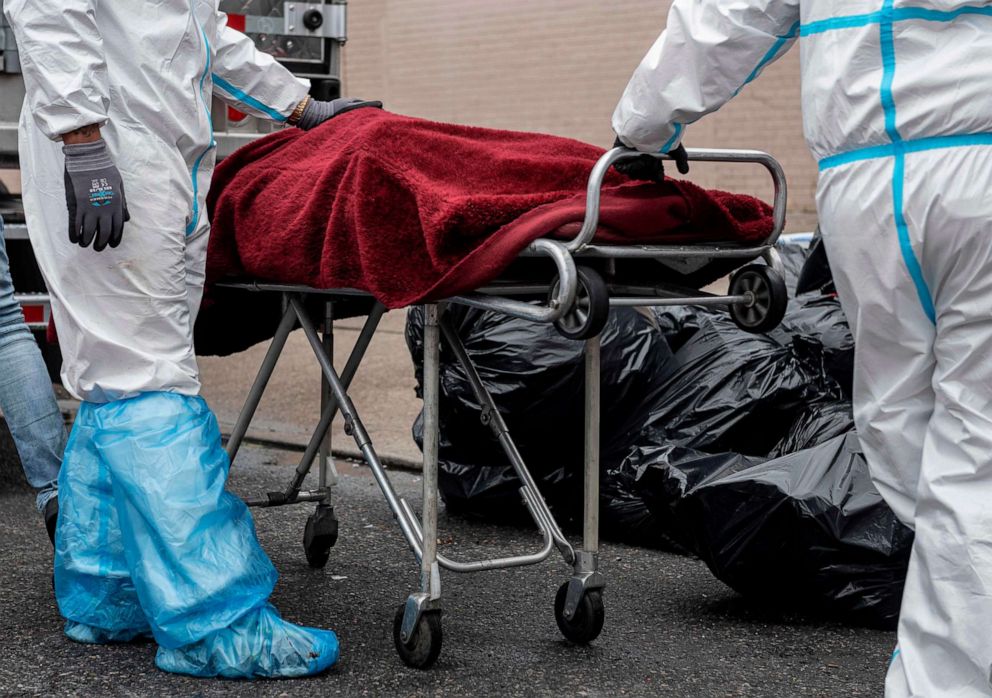Experts See Progress On A COVID-19 Vaccine, But Worry About Who Gets It First And How It Gets To Them Covid Usa August

Hi, Good afternoon, This article will bring the discussion about covid usa august Experts see progress on a COVID-19 vaccine, but worry about who gets it first and how it gets to them see in full

A coronavirus vaccine or even several could be ready in a few months, so experts are beginning to worry about how to get it into people's arms. “Vaccines don’t save lives. Vaccinations save lives,” said Daniel Salmon, director of the Institute for Vaccine Safety at Johns Hopkins Bloomberg School of Public Health. USA TODAY's expert panelists, increasingly optimistic about the prospect of a readily available vaccine, are concerned about who will get it first, how doses will be shipped and clinical testing stage. Will they work, and will they work long enough? There's no data to show that any of the candidate vaccines provides immunity to COVID-19. That’s what Phase 3 clinical trials test for, and they are just starting. “This is a new virus, and we are just beginning to unravel the protective immunity,” said Prakash Nagarkatti, an immunologist and vice president for research at the University of South Carolina. Chandan Khanna/ AFP via Getty Images Phase 1 testing is done on small numbers of volunteers to ensure the candidate vaccine is safe and doesn’t have common, serious side effects. Phase 2 increases to a few hundred volunteers and sets a safe dose. It isn’t until Phase 3, set at 30,000 volunteers by the National Institutes of Health, that data shows whether it protects people against COVID-19. Dr. Monica Gandhi, an infectious disease expert at the University of California-San Francisco, said data from people who’ve recovered from COVID-19 makes it seem likely that immunity is possible. “Natural infectious always gives you a clue to immunity, and I think natural infection with this virus seems to be giving people immunity,” she said. Even if immunity lasts only a year, booster immunizations can be given if vaccine efficacy wanes over time, Bjorkman said. The only way to know for certain will be to evaluate data from Phase 3 trials, she said. Even so, simply having a vaccine that worked for a year at a time would turn COVID-19 from a pandemic into something manageable, just like the seasonal flu, said Erica Ollmann Saphire, a structural biologist and professor at the La Jolla Institute for Immunology. “We’re willing to take a seasonal coronavirus vaccine if that’s what it takes until something universal and lifelong is developed,” she said. The public needs to remember that life isn’t going to suddenly zip back to the way it was in January, when we all lived blissfully unaware of the virus or its effects, the experts said. It’s not likely any vaccine will be 100% effective, and it could be that people who are immunized might still get sick but less severely. “I think we’d have the chance of having a vaccine that substantially blunts the frequency of severe disease and therefore reduces mortality,” Schaffner said. That alone will be a huge win, but the need to keep wearing masks and socially distance might still be there. “I don’t think we’ve communicated that,” he said. Pamela Bjorkman, structural biologist at the California Institute of Technology Dr. Monica Gandhi, an infectious disease expert at the University of California, San Francisco Sam Halabi, professor of law, University of Missouri; scholar at the O’Neill Institute for National and Global Health Law at Georgetown University. Florian Krammer, virologist at the Icahn School of Medicine at Mount Sinai in New York City Dr. Michelle McMurry-Heath, president and CEO of Biotechnology Innovation Organization Dr. Kelly Moore, associate director of immunization education, Immunization Action Coalition; former member of the CDC Advisory Committee on Immunization Practices; chair, World Health Organization Immunization Practices Advisory Committee Prakash Nagarkatti, immunologist and vice president for research, University of South Carolina Peter Pitts, president of the Center for Medicine in the Public Interest, Dr. Gregory Poland, director, Mayo Clinic's Vaccine Research Group, editor-in-chief, Vaccine Arti Rai, law professor and health law expert at Duke University Law School Daniel Salmon, director of the Institute for Vaccine Safety at Johns Hopkins Bloomberg School of Public Health Erica Ollmann Saphire, structural biologist and professor at La Jolla Institute for Immunology Dr. William Schaffner, professor of preventive medicine, Department of Health Policy, and professor of medicine, Division of Infectious Diseases, Vanderbilt University Prashant Yadav, senior fellow, Center for Global Development, medical supply chain expert Dr. Otto Yang, a professor of medicine and chief of infectious disease at the David Geffen School of Medicine at UCLA Health and patient safety coverage at USA TODAY is made possible in part by a grant from the Masimo Foundation for Ethics, Innovation and Competition in Healthcare. The Masimo Foundation does not provide editorial input.
Securing a vaccine not a slam dunk
This month's panelists
Thank you details about Experts see progress on a COVID-19 vaccine, but worry about who gets it first and how it gets to them hopefully items this adding insight salam
Articles this was posted on category covid usa august, covid usa august 2019, covid usa august 2020,
Comments
Post a Comment